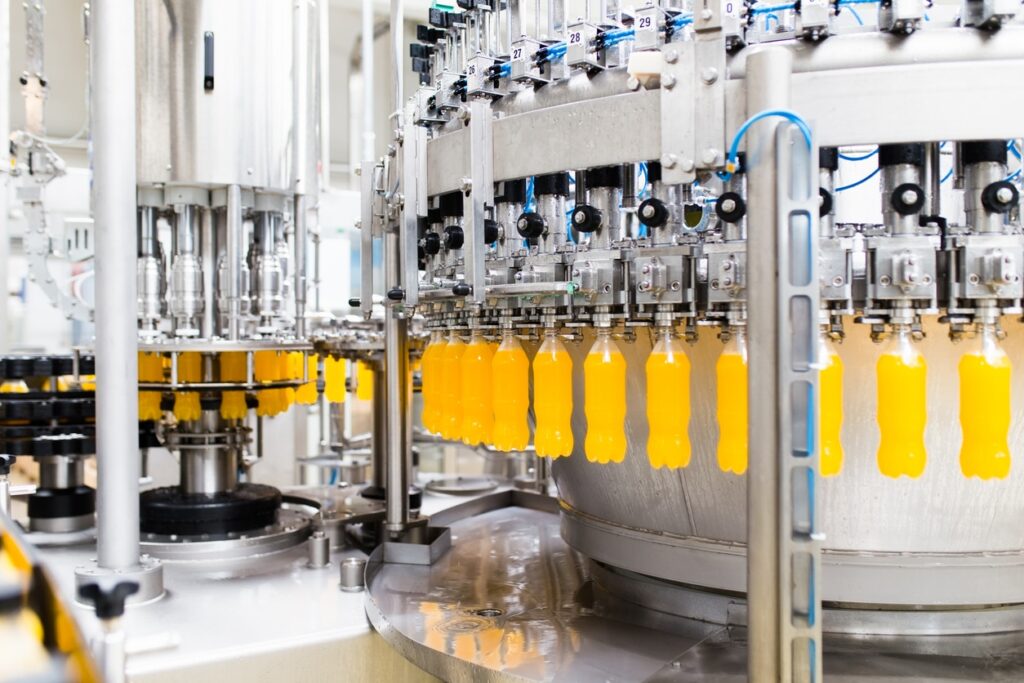Impressive advancements in technology are enabling the United Kingdom to embark on the journey of decarbonizing its agriculture sector, contributing to a more sustainable and environmentally responsible food supply chain.
Clean agri-tech
The United Kingdom boasts one of Europe’s largest agricultural markets, with a substantial population of professional farmers and growers eager to embrace new technologies that enhance efficiency.
The domestic and international market for agricultural innovations is on the rise, supported by a highly skilled workforce, a business-friendly environment, and a burgeoning ecosystem that encourages collaboration. This presents an excellent opportunity for investors to leverage the UK’s forward momentum in this sector.

Opportunity highlights
Investment opportunities in agri-tech in the UK are centred around three key areas:
World-Class Science
-
- The UK possesses a wealth of scientific talent in the agri-tech field.
- The country has a proven track record of developing new products and successfully bringing them to market in collaboration with commercial partners.
Progressive Farming
-
- The UK’s food manufacturing and retail sectors are actively incorporating innovation to enhance the efficiency of the farm supply chain.
- This technology is poised to boost productivity, align with customer demands, and contribute to environmental improvements.
A Dynamic Business Environment
-
- The UK offers a business-friendly environment that is notably easy to navigate compared to other major European countries.
- It boasts competitive pricing, tax incentives, and tariff conditions, particularly in the domains of research and development (R&D) and innovation, along with stable and reliable supply chains.
These factors together create an attractive landscape for agri-tech investment in the UK, fostering opportunities for growth and innovation in the sector.
Commercial maturity
The agri-tech sector in the UK is experiencing growth across the country, with notable developments in the south-west of England and the Midlands. These regions are particularly vibrant, with a strong presence of the dairy sector and precision engineering companies.
Despite this progress, there is a pressing need for substantial scaling up within the sector to align with the government’s ambitious net-zero targets. The UK acknowledges the importance of further expansion and innovation to meet these environmental goals and ensure a sustainable and efficient agricultural industry.
UK assets
The United Kingdom has established four key centres for agricultural innovation, each with a distinct focus:
Agrimetrics
- Agrimetrics is centred around agricultural informatics and sustainability metrics. It employs data science and modelling to enhance the productivity, sustainability, and efficiency of the food system.
- This centre plays a vital role for UK businesses that offer modern agri-focused products and services in both domestic and global markets.
Crop Health and Protection
- The Centre for Crop Health and Protection is dedicated to transforming how farmers manage crop threats, including pests and diseases. Its efforts extend to the UK and international agriculture.
Livestock Innovation
- The Centre for Innovation Excellence in Livestock focuses on developing new livestock technology and products. The aim is to enhance the profitability and productivity of livestock farming, recognising the significance of success for farmers and growers in this sector.
Agricultural Engineering Innovation
- The Agricultural Engineering Precision Innovation Centre operates in the rapidly evolving field of precision agriculture. It works to assist the UK’s agri-food sector in advancing technologies that increase productivity and sustainability in British agriculture.
These innovation centres collectively contribute to the progress and competitiveness of the UK’s agricultural industry, addressing various aspects of the sector and promoting sustainability, efficiency, and growth.
R&D capability
The UK’s new Agriculture Bill is designed to empower farmers, enabling them to remain competitive in the market, invest in new technologies, and boost their overall productivity. Under the Environmental Land Management scheme, farmers and land managers in England will receive public funding in return for delivering ‘public goods,’ which encompass improved air and water quality, thriving wildlife, and enhanced soil health.
In addition to these initiatives, the UK government demonstrates its commitment to agricultural research by allocating approximately £320 million annually to support such endeavors. An additional £90 million is made available through the Industrial Challenge Fund to drive the transformation of food production, fostering innovation and sustainability within the agricultural sector.
Business and government support
The United Kingdom offers an extensive and globally competitive system of R&D incentives, which encompasses several key components, including:
- R&D Expenditure Credit: This allows companies to claim tax credits for qualifying R&D expenses, providing a financial incentive to invest in research and development.
- R&D Tax Relief: This scheme supports businesses by providing tax relief on their R&D costs, reducing their overall tax liability.
- R&D Allowance: The R&D allowance is an additional incentive for companies investing in qualifying R&D activities, further encouraging innovation and technological advancements.
Furthermore, the UK offers the Patent Box, a tax incentive that permits companies to apply for a reduced rate of corporation tax, as low as 10%, on profits generated from patented inventions and certain other forms of intellectual property. This initiative aims to incentivize innovation, protect intellectual property, and encourage the development of cutting-edge technologies in the UK.



